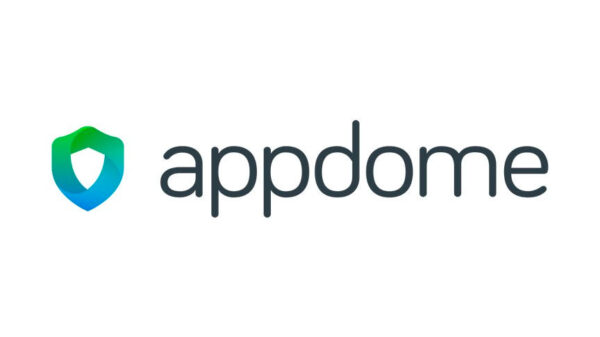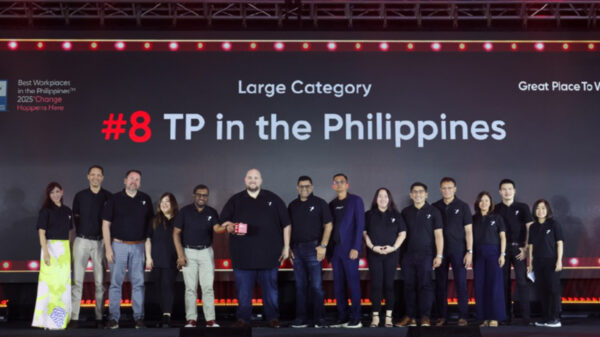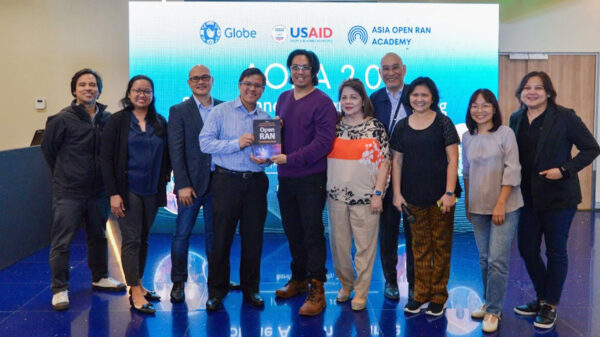Summer holidays are when most people’s penchant for travel heats up. But it’s also the time when cybercriminals trick those with wanderlust easily so Kaspersky Lab advises Filipinos to be more vigilant against airline scams online.
The global cybersecurity company revealed cybercriminals continue to reuse the same old scams and never fail to find victims. Last summer, social media worldwide were flooded with reposts of fake airline giveaways.
Filipinos are not spared of such scams. Around this month last year, the Philippine Airlines (PAL) became the subject of a fake anniversary promo on Facebook. The scam dangled 268 tickets in celebration of PAL’s 28th anniversary for answering a survey and sharing the post on their Facebook walls. The national carrier was on its 76th year in 2017.
It was the second time the flag carrier has been a subject of a hoax promo. Earlier in the same year, a social media ad purportedly of PAL enticed local travelers with free tickets to visit Boracay just by liking and commenting on the post.
Budget airline Cebu Pacific Air suffered a similar fate in April last year when a scam made the rounds online promising free tickets by answering a promotional survey.
Even with budget airlines, traveling by plane is still expensive, so getting two free airline tickets sounds great to most people. And airlines themselves sometimes hold regular ticket promos, which adds a veneer of authenticity to the fake variety.
Cybercriminals use the situation with sham giveaways, and this year they added WhatsApp to their repertoire. Russian airline Aeroflot recently warned users about fake WhatsApp messages offering the chance to pocket some free tickets. And identical messages started appearing on behalf of British Airways and other airlines.
Online fraudsters even expanded the range of “prizes.” Now, one can enter to win not only airplane tickets, but also sneakers, gift cards, and more. Well, if the prizes aren’t real, the scammers can offer whatever they want. These fake giveaways were able to get thousands of likes and shares on social media.
“Fake free airline ticket promo is an old but still effective technique in baiting clueless social media users. Cybercriminals exploit the Filipino’s dream of traveling by promising no-cost plane fares in exchange for their online data, and possibly their money,” said Siang Tiong Yeo, GM of Kaspersky Lab Southeast Asia.
“Once Filipino users are done answering short surveys, sharing the posts, or commenting on the posts, hackers redirect them to fake sites, which can either be phishing attempts or their way to spread malware. So instead of getting free tickets, you either get a free malware or you lose your data, or even both,” Yeo adds.
To avoid falling for these tricks, Kaspersky Lab suggests to follow these simple rules:
- Apply a healthy dollop of skepticism when confronted with generous online offers.
- If an offer seems legit, contact the company to clarify the terms of the promotion. Only if the company directly confirms everything should you click any links or start entering personal data.
- Don’t share unconfirmed information with friends and acquaintances.
- Use a reliable security solution with anti-phishing protection. It will block any attempt to switch to a fake site, depriving cybercriminals of your valuable data.














































































































